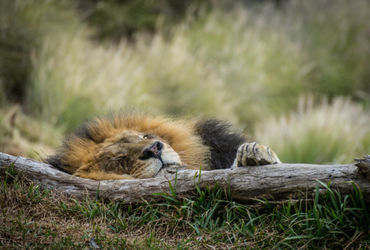Are you hitting snooze button before getting out of bed? Study says it may be harmful for sleep pattern
A recent analysis of over 3 million nights of sleep data from the SleepCycle app, published under Scientific Reports on Nature.com, reveals that more than half (55.6%) of sleep sessions ended with users activating the snooze function. On average, individuals pressed the snooze button 2.4 times per session, amounting to approximately 10.8 minutes of additional rest.Longer sleep sessions, particularly those exceeding nine hours, were more likely to end with snooze activations. Conversely, individuals who went to bed earlier tended to use the snooze function less, while those with later bedtimes used it more frequently. This suggests that sleep timing and duration influence snooze behavior.Snooze usage was higher on weekdays, with the highest numbers recorded on Wednesdays. In contrast, weekends saw a decline in snooze activations, with Sundays having the lowest usage. This pattern may reflect work-related wake-up times during the week and more flexible schedules on weekends.While the snooze function offers additional rest, experts caution that fragmented sleep from repeated snoozing may impact sleep quality. Understanding snooze habits can help individuals make informed decisions about their sleep routines and overall well-being.


A recent analysis of over 3 million nights of sleep data from the SleepCycle app, published under Scientific Reports on Nature.com, reveals that more than half (55.6%) of sleep sessions ended with users activating the snooze function. On average, individuals pressed the snooze button 2.4 times per session, amounting to approximately 10.8 minutes of additional rest.
Longer sleep sessions, particularly those exceeding nine hours, were more likely to end with snooze activations. Conversely, individuals who went to bed earlier tended to use the snooze function less, while those with later bedtimes used it more frequently. This suggests that sleep timing and duration influence snooze behavior.
Snooze usage was higher on weekdays, with the highest numbers recorded on Wednesdays. In contrast, weekends saw a decline in snooze activations, with Sundays having the lowest usage. This pattern may reflect work-related wake-up times during the week and more flexible schedules on weekends.
While the snooze function offers additional rest, experts caution that fragmented sleep from repeated snoozing may impact sleep quality. Understanding snooze habits can help individuals make informed decisions about their sleep routines and overall well-being.
What's Your Reaction?







































































